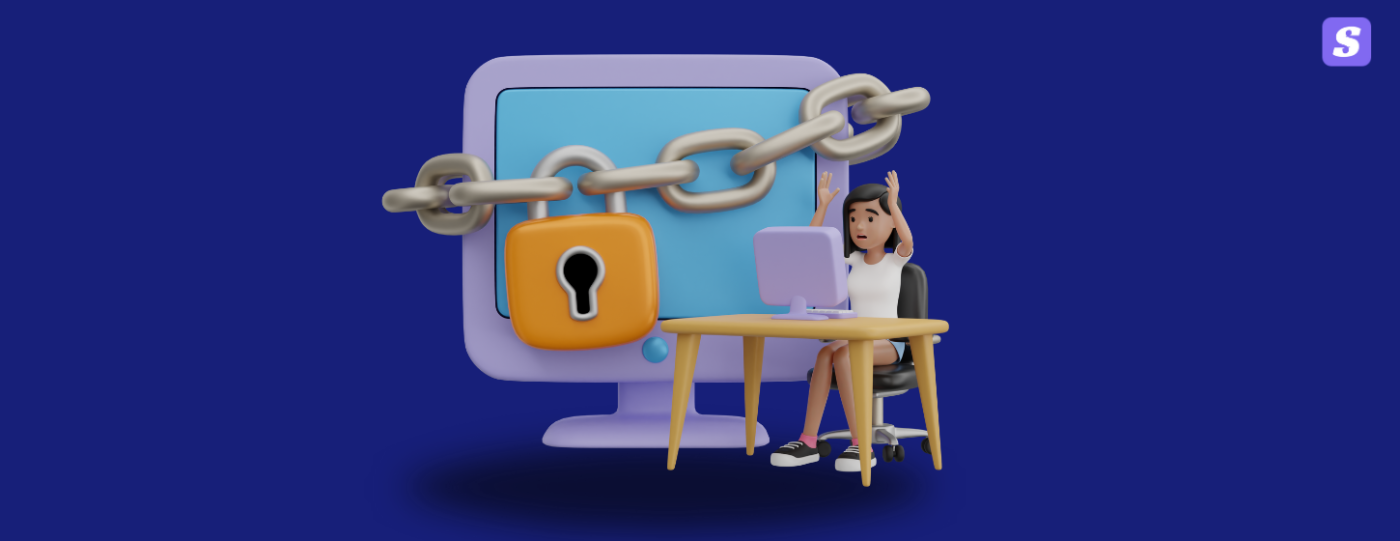In the moment’s digital frugality, fiscal cyber fraud is a growing imminence, hanging individualities and fiscal institutions likewise. Cybercriminals continuously evolve their ways to take advantage of sins in systems and operations.
This blog post delves into how hackers target banks and individualities, the current forms of fiscal cybercrime, and what steps you can take to cover yourself from these sophisticated pitfalls.
How Hackers Exploit Banks
Banks, as custodians of vast fiscal coffers and sensitive client data, are high targets for cybercriminals. The styles they use to insinuate bank systems are varied but frequently include the following
Phishing and Social Engineering Tactics
Cybercriminals constantly use phishing emails or fraudulent calls to deceive bank workers into discovering nonpublic information. These attacks might involve a simple dispatch impersonating a trusted authority or a largely sophisticated fake website mirroring the bank’s online gate.
Ransomware pitfalls
Ransomware involves vicious software that encrypts a bank’s critical data, holding it hostage until a rescue is paid. These attacks can disrupt banking operations and oppressively damage client confidence, in addition to compromising sensitive data.
Bigwig pitfalls and vicious workers
Occasionally, cyber pitfalls come from inside the association. Disgruntled workers or those compromised by external forces may blunder sensitive information, either designedly or accidentally, paving the way for cybercriminals to gain access to internal systems.
Software Exploits and Vulnerabilities
Banks calculate on complex software systems for sale processing, client data operation, and other critical operations. Cybercriminals frequently seek to exploit unpatched software or outdated systems to gain access, especially when robust security measures aren’t in place.
How Hackers Target individualities
While large fiscal institutions are frequent targets, individualities are n’t pure from the trouble of fiscal cyber fraud. Hackers exploit the growing use of digital banking and mobile payment systems by using the following tactics
Phishing Schemes
Phishing is one of the most common forms of fiscal fraud targeting individualities. Cybercriminals shoot fake emails or textbooks that appear to come from licit fiscal institutions, prompting victims to give sensitive information, similar as bank account figures or login credentials. Once attained, hackers can pierce and drain bank accounts.
Man-in-the-Middle ( MITM) Attacks
In MITM attacks, cybercriminals block communication between individuals and their banks, stealing login credentials or fiscal information. These attacks frequently do over relaxed Wi- Fi networks, where hackers can fluently meddle on online exertion.
Card Skimming
Hackers use skimming bias attached to ATMs or payment outstations to intimately capture card information when individualities use their cards. This data can also be reproduced onto another card, allowing unauthorized deals.
Mobile Banking Malware
As mobile banking becomes further popular, cybercriminals have developed vicious software that targets smartphones and tablets. formerly installed, this malware tracks keystrokes, steals login credentials, and gives hackers access to mobile banking apps and accounts.
How to guard Against Financial Cyber Fraud
While cybercriminals are constantly enriching their styles, there are several effective way you can take to cover yourself and reduce your threat of getting a victim of fiscal cyber fraud
Borrow Strong, Unique watchwords
Ensure you use complex, unique watchwords for each of your fiscal accounts. Avoid reusing the same word across multiple platforms, and enable two- factor authentication( 2FA) for added protection.
Stay Alert for Suspicious Emails or dispatches
Avoid clicking on links or downloading attachments from unknown sources.However, corroborate it by reaching the institution directly through its sanctioned website or client service number, If you admit an unusual dispatch claiming to be from your bank.
Keep Software Up to Date
Ensure that your operating system, banking apps, and antivirus programs are regularly streamlined. This helps cover against vulnerabilities that cybercriminals can exploit through outdated software.
Examiner Your Financial Accounts Regularly
By checking your bank accounts constantly, you can snappily spot any unauthorized deals. Setting up cautions for large or unusual deals can further help you identify implicit fraud beforehand.
Use Secure Internet Connections
Avoid conducting fiscal deals over relaxed public Wi- Fi networks. rather, use a secure network or a virtual private network( VPN) to cipher your connection and cover your online exertion from prying eyes.







Leave a Comment